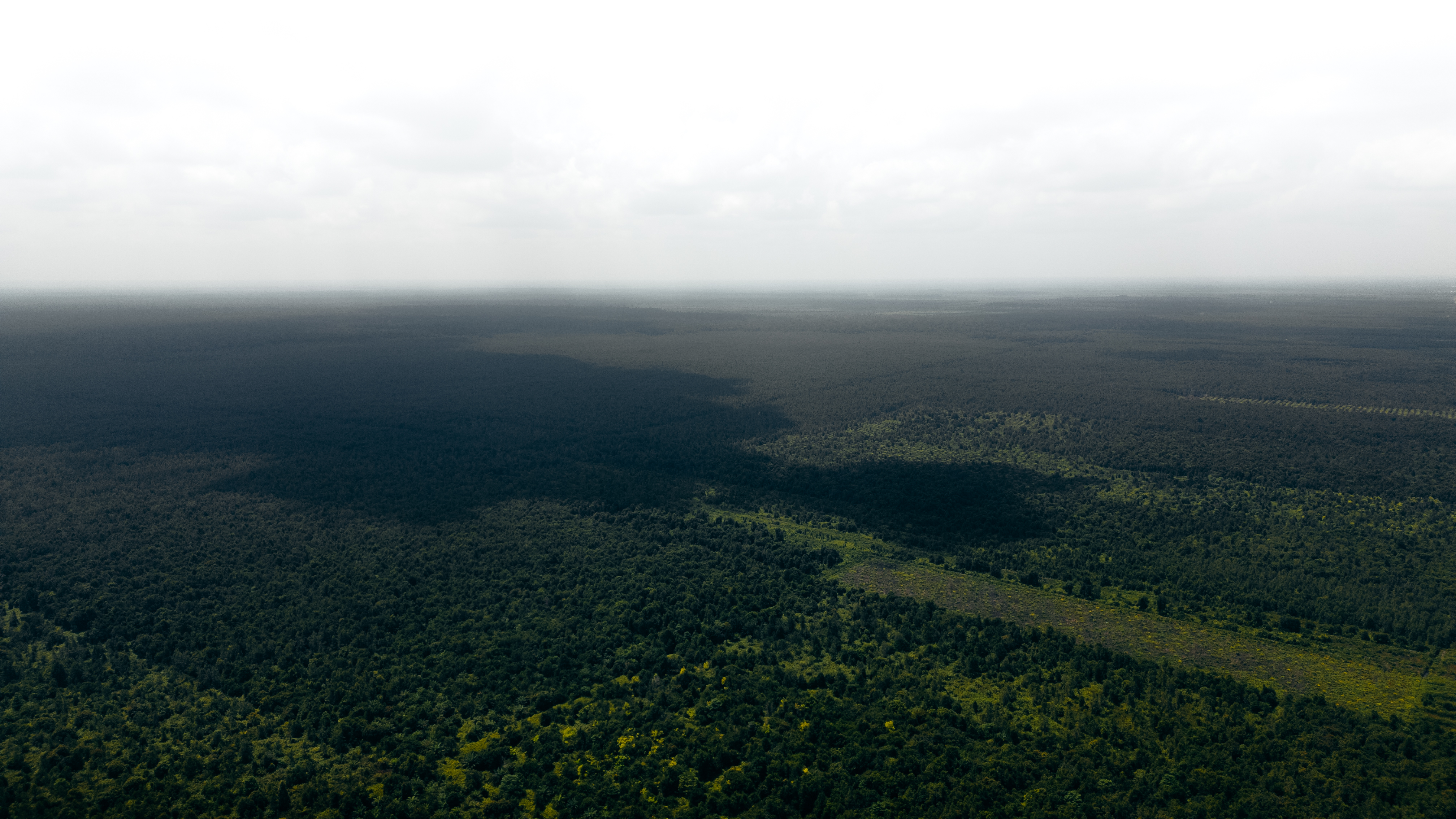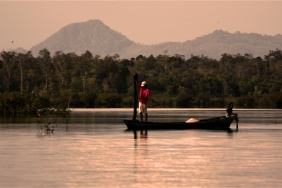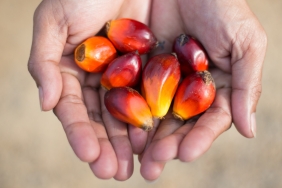CELEBRATING GLOBAL ACTION DAY, 5 ORGANIZATIONS CALL FOR ENERGY REFORMATION
Jakarta (23/009) – As a part of “Global Action Day,” the world-wide celebration every 24 September, five organizations; WWF-Indonesia, Greenpeace, 350.org, Greeners, and IESR (Institute for Essential Services Reform) conducted joint action against energy wasting through a so-called “Moving Planet”.
Moving Planet is a global day to move beyond fossil . Thousands of activities are being organized at the same time, on 24 September in hundreds of countries around the world.
Moving Planet is a day to put our demands for climate action into motion—marching, biking, skating—calling for the world to go beyond fossil fuels. At over 2000 events in 175+ countries, we're letting leaders know that a movement is rising to move our planet forward to a clean energy futureIn Indonesia, “Moving Planet” focused its activities in Jakarta, Bandung, Jogjakarta, and Bali. One of them is “350 hours Indonesia on bike” campaign. Starting from 13to 24 September 2011, hundreds of cyclists were cycling through Bali – Jogjakarta – Bandung, passing 1000 km in distance. According to source from IESR, each cyclist in that movement has successfully saved 14.764 gram of CO2.
On the other hand, on Friday, 23 September 2011, WWF-Indonesia, as one of the organizers of “Moving Planet” in Indonesia held a Media Discussion titled “Stop Fossil Energy Addiction”.
The Moving Planet kick-off campaign was held in front of Sate Building, Bandung. Beside general public, 28 cycling communities gathered together in the area welcoming the arrival of “Indonesia on bike” cyclists. According to Moving Planet Campaign Coordinator for Asia regions, Rully Prayoga, Moving Planet is also being held in other Southeast Asia countries, like Vietnam, Philippines, Malaysia, Singapore, Thailand, together with almost all East Asia countries and 192 other countries, urging the world citizens to decrease fossil energy’s consumption and transform it into renewable energy.
“We hope Asia will be free from fossil fuel usage in year 2020 with dramatic, progressive, and revolutionary changes. Start with the lifestyle change and government’s policy,” he says.
In other hand, Climate and Energy Director of WWF-Indonesia, Nyoman Iswarayoga said that in the beginning of 2011, WWF has launched Energy Report illustratingthat global energy consumption could be fulfilled by renewable energy by the year 2050. By means, the global energy consumption could be fulfilled without fuels originated from petroleum, natural gas, coal, and nuclear power.
“In order to achieve 2050’s goal, the first step we need to acknowledge is the vision of having 25% non-nuclear renewable energy mix within our national energy consumptionn before year 2025. Indonesia government needs to have a real and more aggressive commitment towards renewable energy’s supply and development, and also promote energy efficiency within national energy policy. In the future, electricity would be the main energy for modern energy consumption that is cleaner in many sectors,” he stated.
Similar concern came from Arif Fiyanto, Greenpeace Southeast Asia-Indonesia’s Climate & Energy Campaign Team Leader, “The absolute solutions that can free Indonesia’s government from fossil fuels dependency are by eliminating any obstacles towards renewable energy’s development, making regulation and legislation that can encourage the development of renewable energy, and switch government subsidy on fossil energy to renewable energy.”
Meanwhile, Syaiful Rochman from Greeners Indonesia emphasized the importance of Indonesia Government’s support in accommodating and protecting societies, who have already used or are going to use renewable energy as part of their daily life, which is more environmentally-friendly. For example, people who cycle to their work place/ other activity places.
Calls for government also came from IESR (Institute for Essential Services Reform) staff, Yesi Maryam. According to her, government needs to reform its subsidy towards fossil-based fuels immediately and switch that budget to the development of renewable energy, which is cleaner and more sustainable, as well as to ensure the poor or people living in isolated areas have access to fuel.
(translated by Iwan Setiawan)





